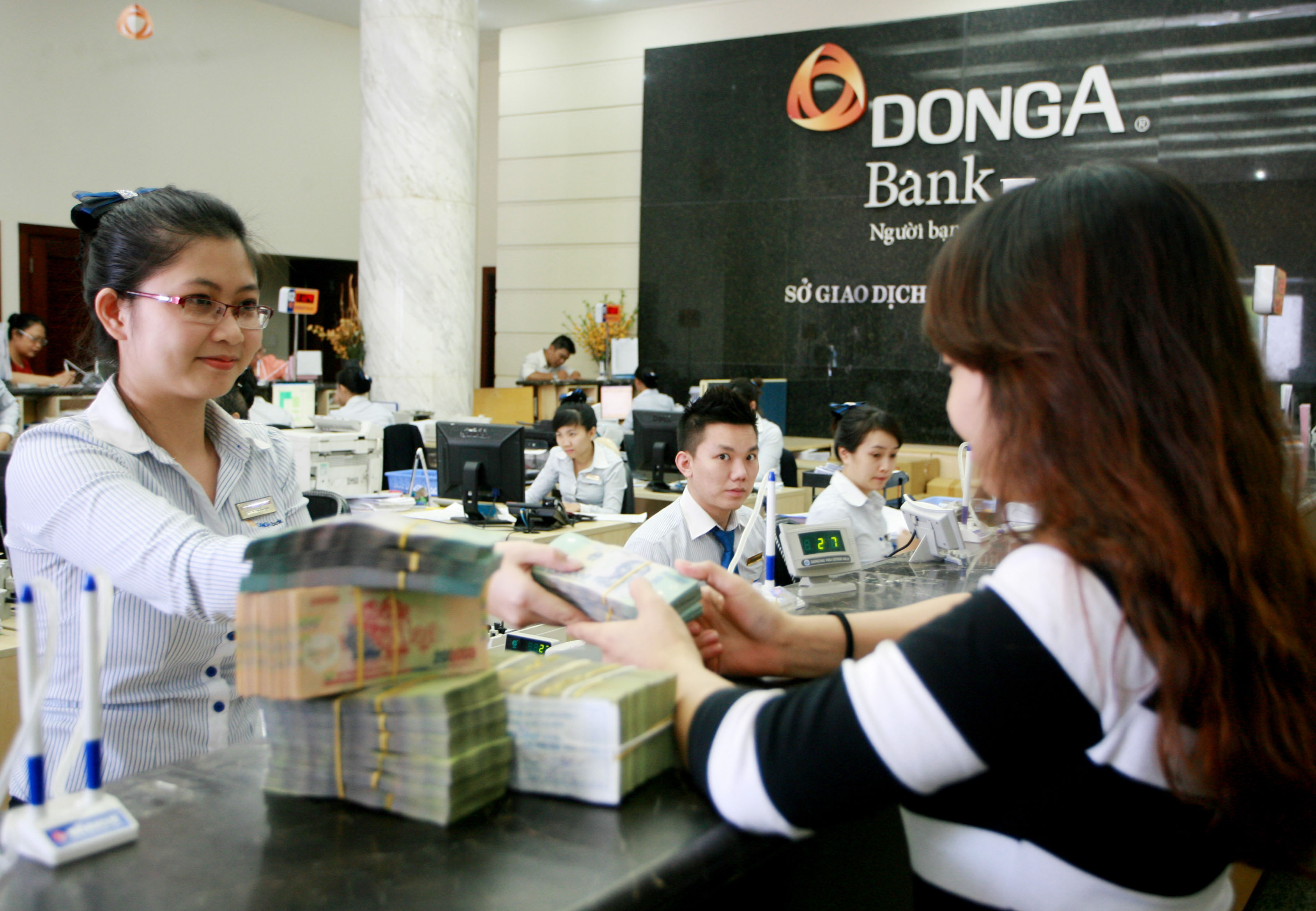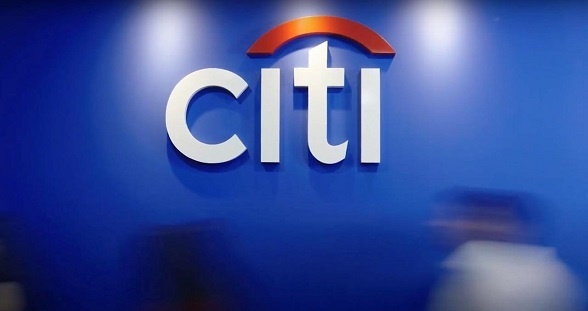ADB applauds Vietnam on reducing deficit
 |
| ADB, the World Bank, and the IMF all lauded Vietnam's budgetary efforts |
| RELATED CONTENTS: | |
| Prime Minister reaffirms growth target amidst private sector headways | |
| Central city, ADB ink deal on waste treatment | |
| ADB continues infrastructure investment in Vietnam | |
In its update on the Vietnamese economy released a few days ago, the Asian Development Bank (ADB) stated that the government has achieved “good results in reducing state budget deficit,” and that “the state budget revenue has been strongly increasing.”
“Like in 2016, total budget revenue rose 18.2 per cent in this year’s first half, thanks to a hike in revenue from value-added tax, corporate income tax, personal income tax, and non-tax sources,” said the report.
ADB also stated that amidst rising budget revenue, the government has done a very good job in tightening spending, which increased by less then 10 per cent in this year’s first half.
The General Statistics Office (GSO) reported that between January and September 15, 2017, state revenue hit $33.5 billion—higher than the $30.2 billion last year—while expenditure stood at $38.7 billion, slightly higher than the $37.2 billion in the same period last year.
Thus between January-September 15, 2017, Vietnam’s budget deficit totalled at $5.2 billion, lower than the $7 billion in the corresponding period last year.
“As revenue growth exceeds expectations, the government’s target of trimming the budget deficit to the equivalent of 3.5 per cent of the GDP in 2017 and 4 per cent in 2018 looks broadly attainable,” said Eric Sidgwick, ADB country director for Vietnam.
However, he also stressed, “This will depend on further efforts to enhance revenue collection and stricter control of spending on wages and salaries and other recurrent expenditures. After three years of lower infrastructure spending, redirecting the 2017 budget toward capital outlays should help achieve this badly needed adjustment to public expenditure.”
Statistics from the Ministry of Finance showed that nominal capital spending has been flat for the last five years. As a result, the share of capital spending in the total budget has fallen to 16 per cent in this year’s first half from the nearly 30 per cent in 2011.
However, since 2010, Vietnam’s nominal recurrent spending has more than doubled, driven by rising wage and salary costs, along with health and education spending.
Currently, Vietnam has about 11 million people on the state’s payroll.
Recently, the World Bank and the International Monetary Fund also commended Vietnam for its efforts to control rising public debt. The World Bank said in its update on Vietnam’s economic situation that Vietnam has been showing “early signs of fiscal consolidation.”
“The government has reinforced its commitment to rein in the fiscal deficit over the medium term in order to contain further increases in the public debt-to-GDP ratio. Fiscal consolidation is crucial to contain the fiscal deficit and stabilise public debt over the medium term,” said Sebastian Eckardt, lead economist and acting country director for the World Bank in Vietnam.
Vietnam’s medium-term financing plan for 2016-2020, adopted by the National Assembly in November 2016, envisages a gradual fiscal adjustment over the next four years. The plan aims to reduce the fiscal deficit to 3.5 per cent of the GDP by 2020.
According to a document produced by the International Monetary Fund (IMF) on Vietnam’s economic situation released two months ago, the IMF executive board “considered the tightening of the fiscal stance as appropriate and welcomed the authorities’ intentions to ensure that consolidation is growth-friendly. They also concurred with the intention to reduce the deficit to 3.5 per cent of GDP by 2020 and to maintain public debt below the legal limit of 65 per cent of GDP.”
According to the National Assembly Economic Committee, by late March 2017, Vietnam’s public debts hit 61.5 per cent of the GDP. It is expected that by late 2017, the rate may reach about 64.6 per cent ($141 billion) of the GDP, almost hitting the 65 per cent limit set by the National Assembly.
What the stars mean:
★ Poor ★ ★ Promising ★★★ Good ★★★★ Very good ★★★★★ Exceptional
Latest News
More News
- Green finance discord to be addressed (April 16, 2024 | 09:48)
- More vibrant corporate bond market anticipated (April 16, 2024 | 09:40)
- MB secures prestigious software and IT service awards (April 16, 2024 | 09:39)
- Opportunities to unlock in Vietnam’s green finance arena (April 16, 2024 | 09:38)
- Interest rates likely to remain fairly levelled (April 16, 2024 | 09:25)
- UOB Vietnam partners with Betrimex on sustainability (April 15, 2024 | 15:41)
- Listing ambitions of Vietnamese banks backed by leaders (April 15, 2024 | 15:23)
- Cryptocurrency is not banned in Vietnam: Ministry (April 15, 2024 | 09:40)
- SBV to increase gold bar supply to stabilise domestic market (April 15, 2024 | 08:00)
- Behind the numbers: Techcombank’s vision for growth (April 13, 2024 | 11:00)

















 Mobile Version
Mobile Version